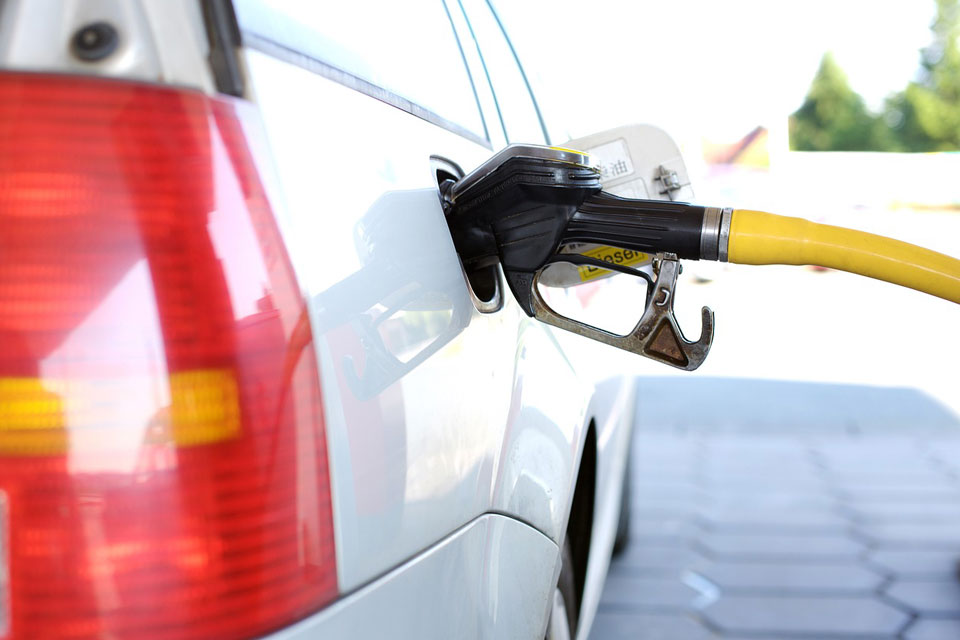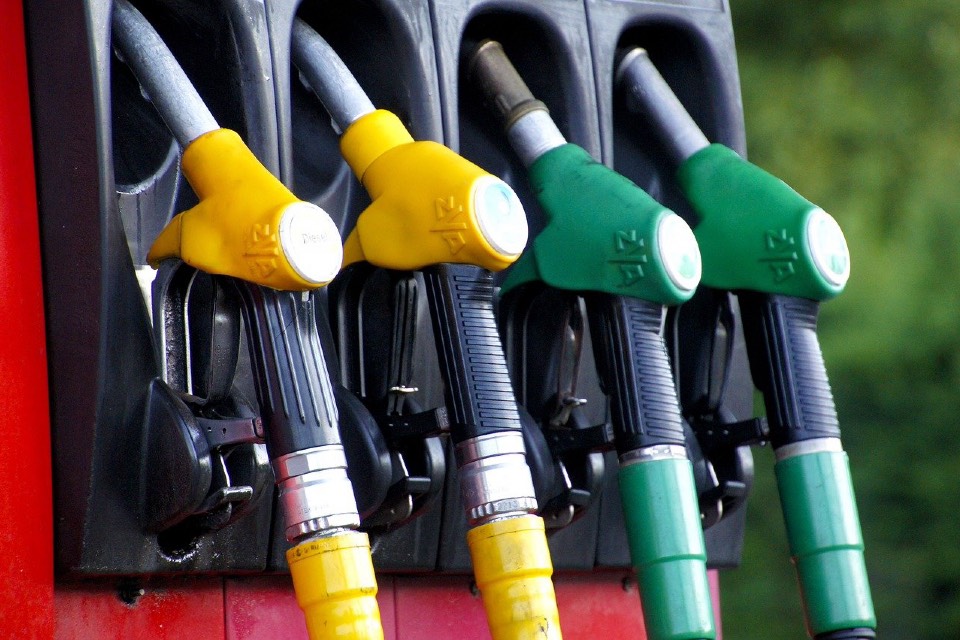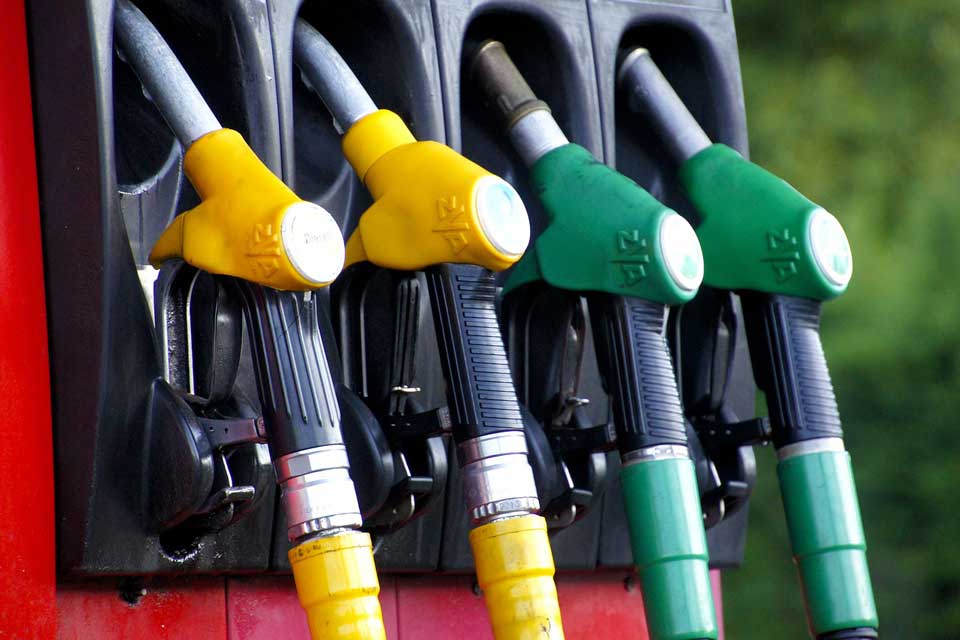Fleets need to ensure that they keep on top of petrol and diesel management basics as focus in the industry turns to a more diverse fuel mix.
That’s the view of Arval, which believes that while fleets should – and will – adopt large numbers of plug-in cars and vans of all kinds during the next few years, petrol and diesel remain likely to form the majority for the immediate future.
Janet Eastwood, Product Manager – Fuel at Arval, said: “There are clearly a lot of exciting developments underway at the moment in terms of the fuel choices becoming available to fleets and it is pleasing to see how the industry is taking these new options seriously.
“However, it is important there is recognition that, for the next few years at least, petrol and diesel power will continue to form the core of most fleets, especially if you include hybrids and PHEVs in that total.
“For most organisations, good fuel management in terms of controlling costs and minimising environmental impact will include continuing to work hard to reduce petrol and diesel use. This should remain a priority as we move to a more diverse fuel mix.”
Arval asserts that the basics of good fuel best practice in this area have not changed for many years, were well-proven, and centred around fleet-wide fuel card adoption.
“Without a fuel card, getting a grip on your petrol and diesel expenditure is very difficult,” added Eastwood. “What a fuel card provides is purchasing control plus solid and accessible reporting about the amount of fuel being used, who is using it and where it is being bought. In addition, it allows easy VAT reclaiming and delivers massively reduced administration and paperwork
“The kinds of real world data a fuel card provides means that you can examine your fuel spend from a high level view such as looking at petrol and diesel use across your entire fleet, through to details at a more granular level of the fuel usage of individual drivers and vehicles.
“With this information, you can then make decisions that potentially affect everything from the cars and vans that you buy through to the on-road driving styles behaviour of individual drivers and potential mechanical issues with particular vehicles.”
Eastwood says that these management fundamentals were becoming more important in some cases because a significant number of fleets had reacted to widespread controversy surrounding diesel emissions with the acquisition of more petrol cars.
“Many fleets have responded to worries about air quality by introducing more petrol cars in place of diesel,” Eastwood said. “While this generally makes sense, even the most economical petrol models tend to use more fuel than the equivalent diesel.
“This makes careful management of fuel use even more important and should prompt these businesses to increase their focus on fuel and perhaps even look at adopting measures such as carbon mitigation schemes.”
Eastwood added that Arval planned to soon introduce an electric charging element to its fuel card offering, but that management of EV fuel would ultimately be quite different to petrol and diesel.
“Over time, most EV charging is likely to take place at the home and the workplace, so the new purchasing patterns are quite distinctive. Future EV fuel card propositions will be based more around convenience, on the importance of managing charging by choosing the right PAYG network point, and also linked to telematics to ensure range is being maximised.”







